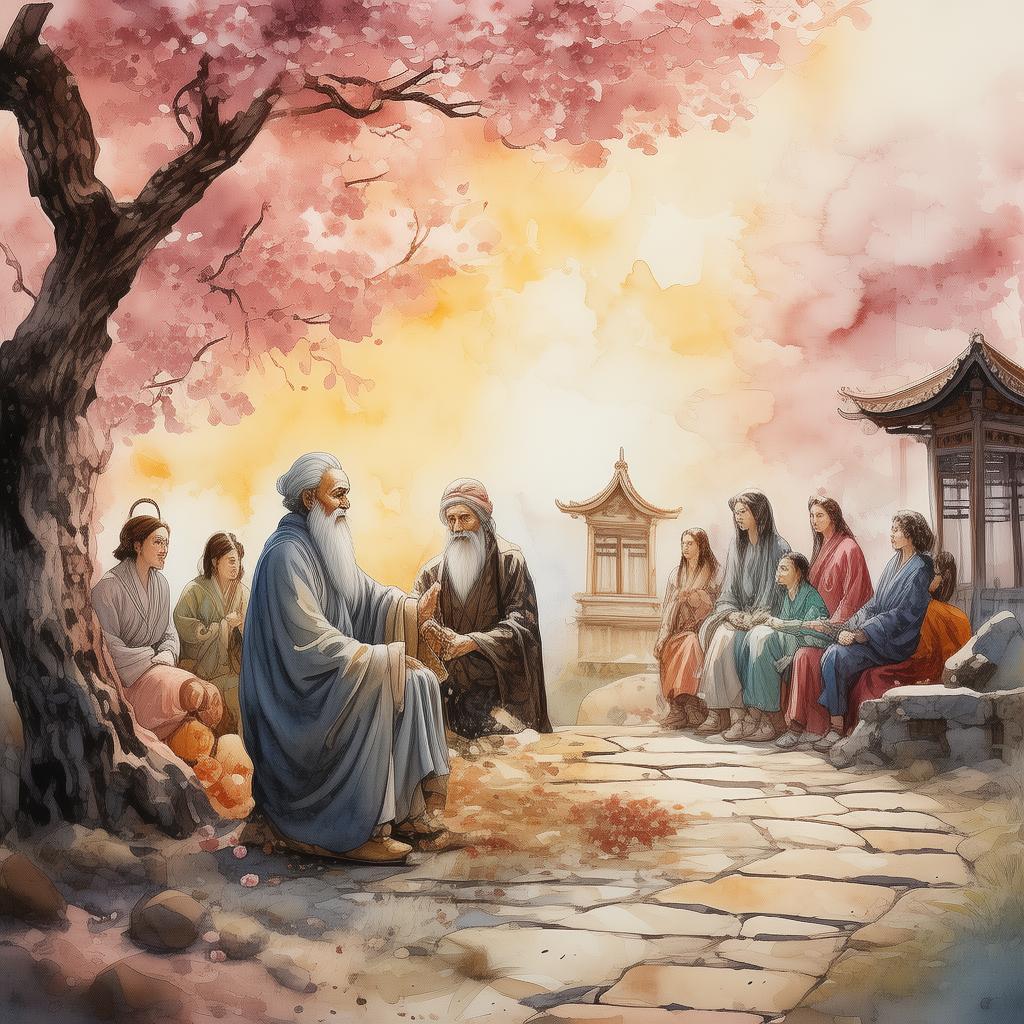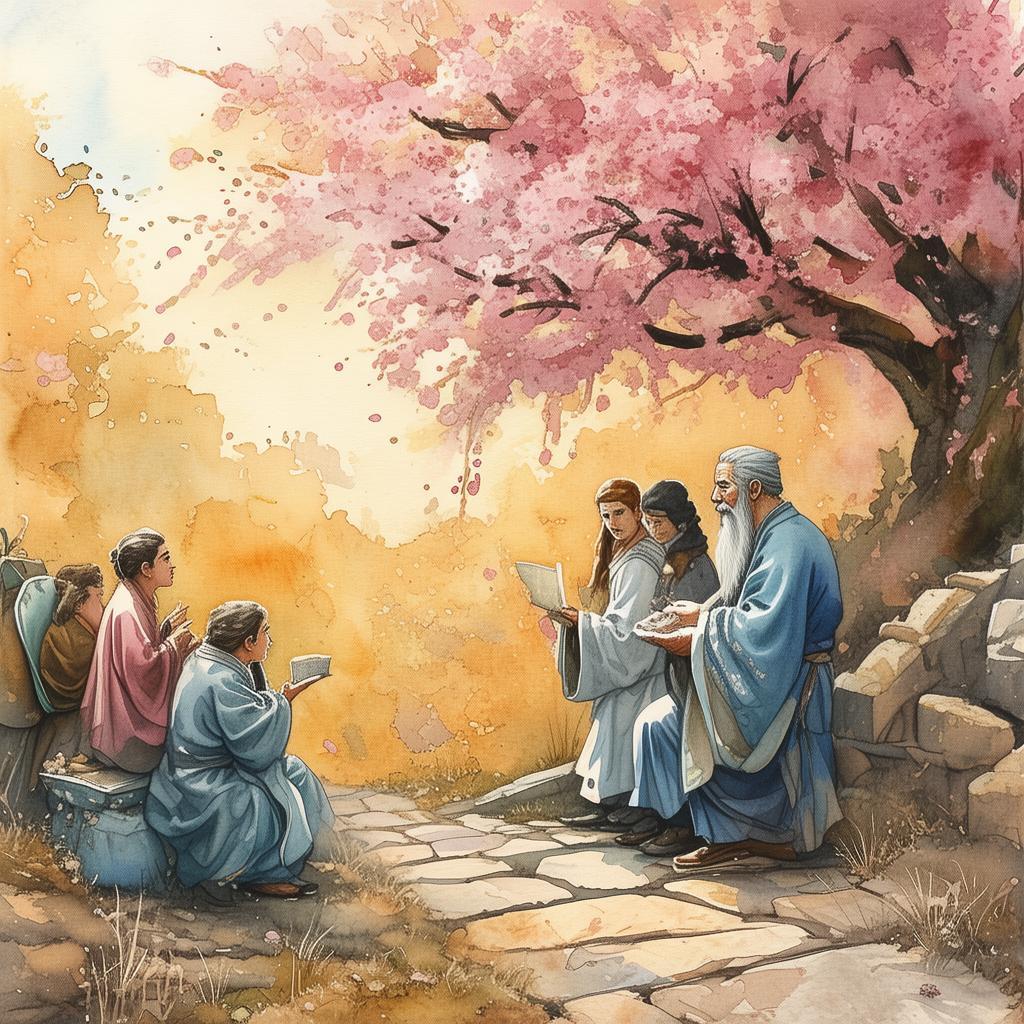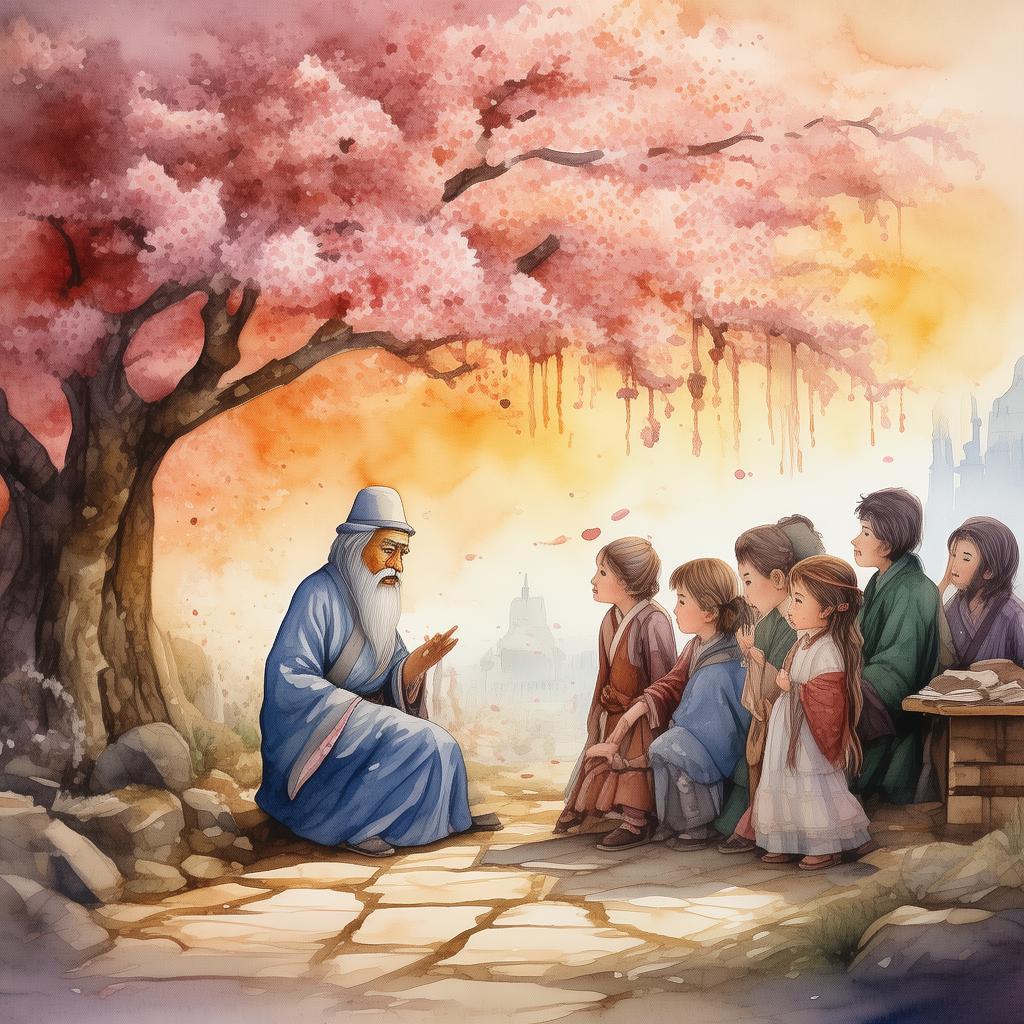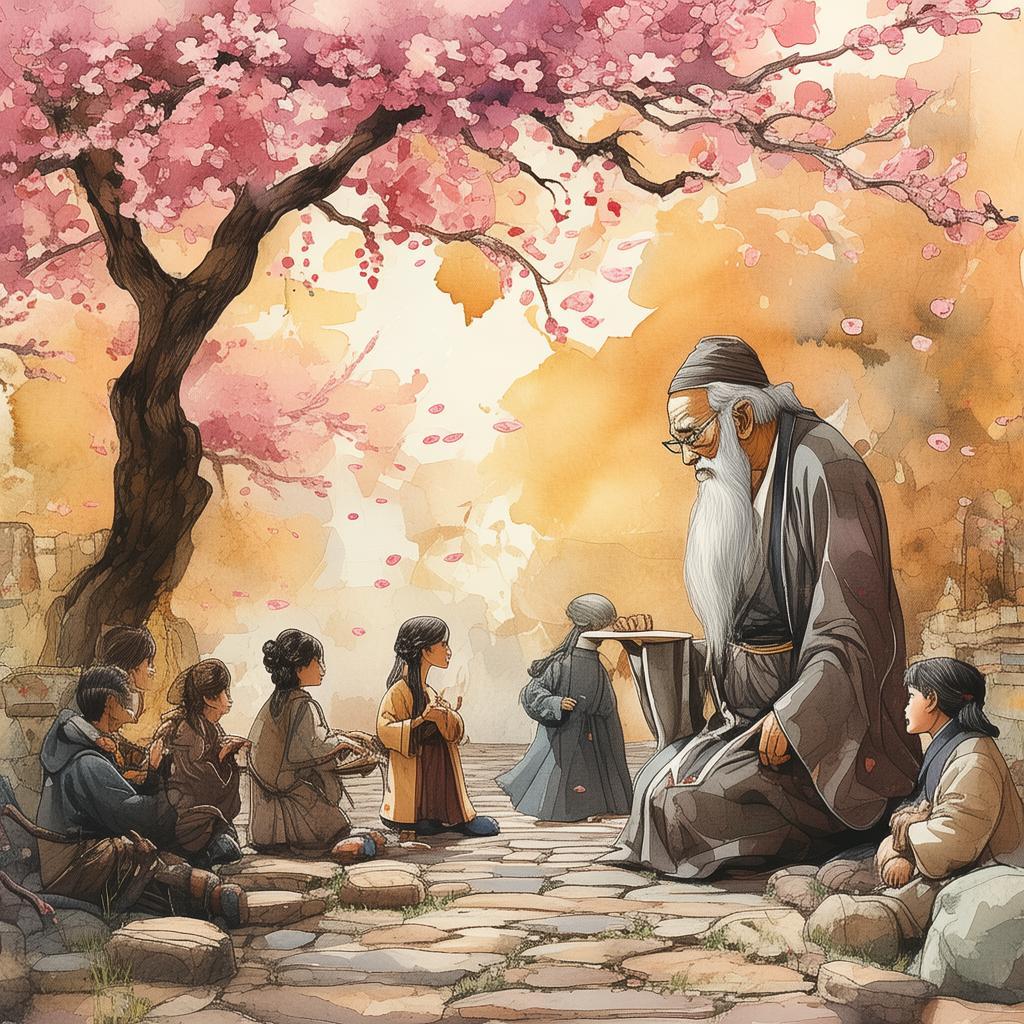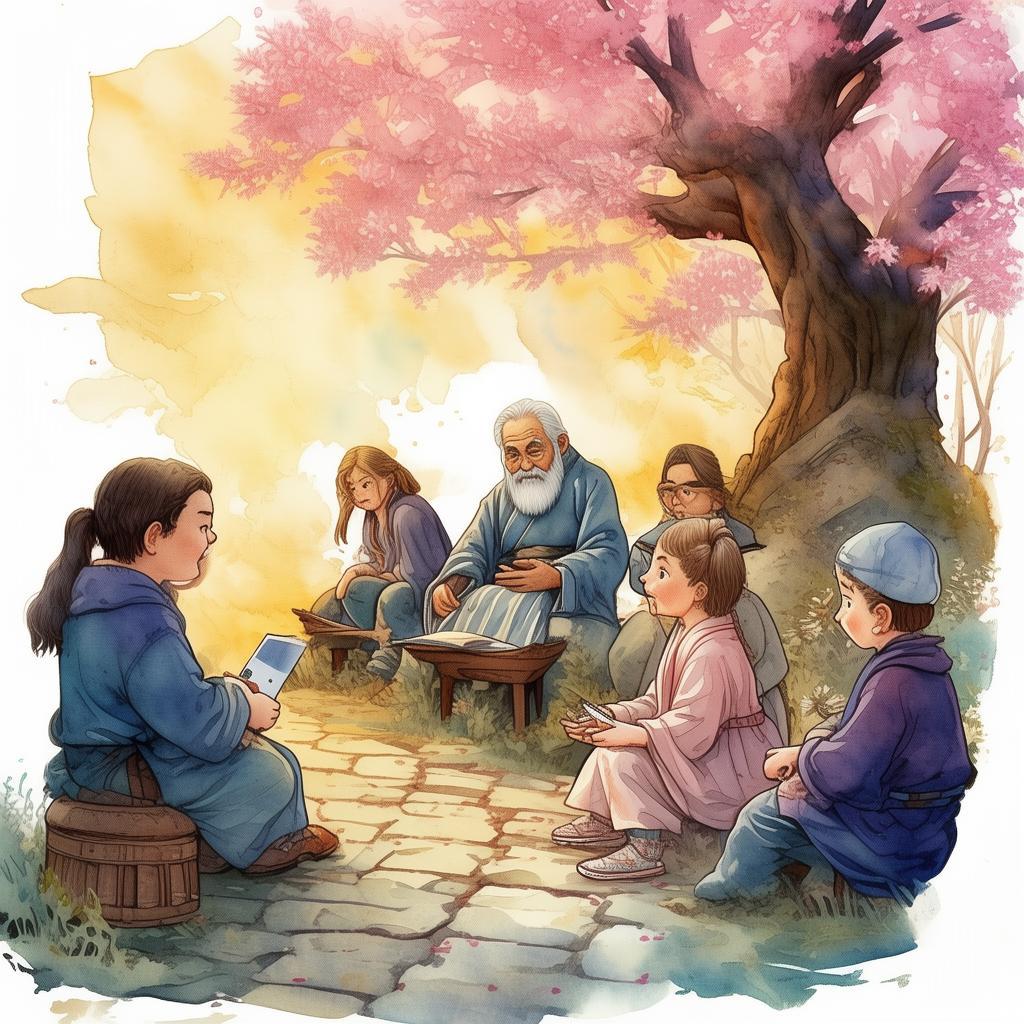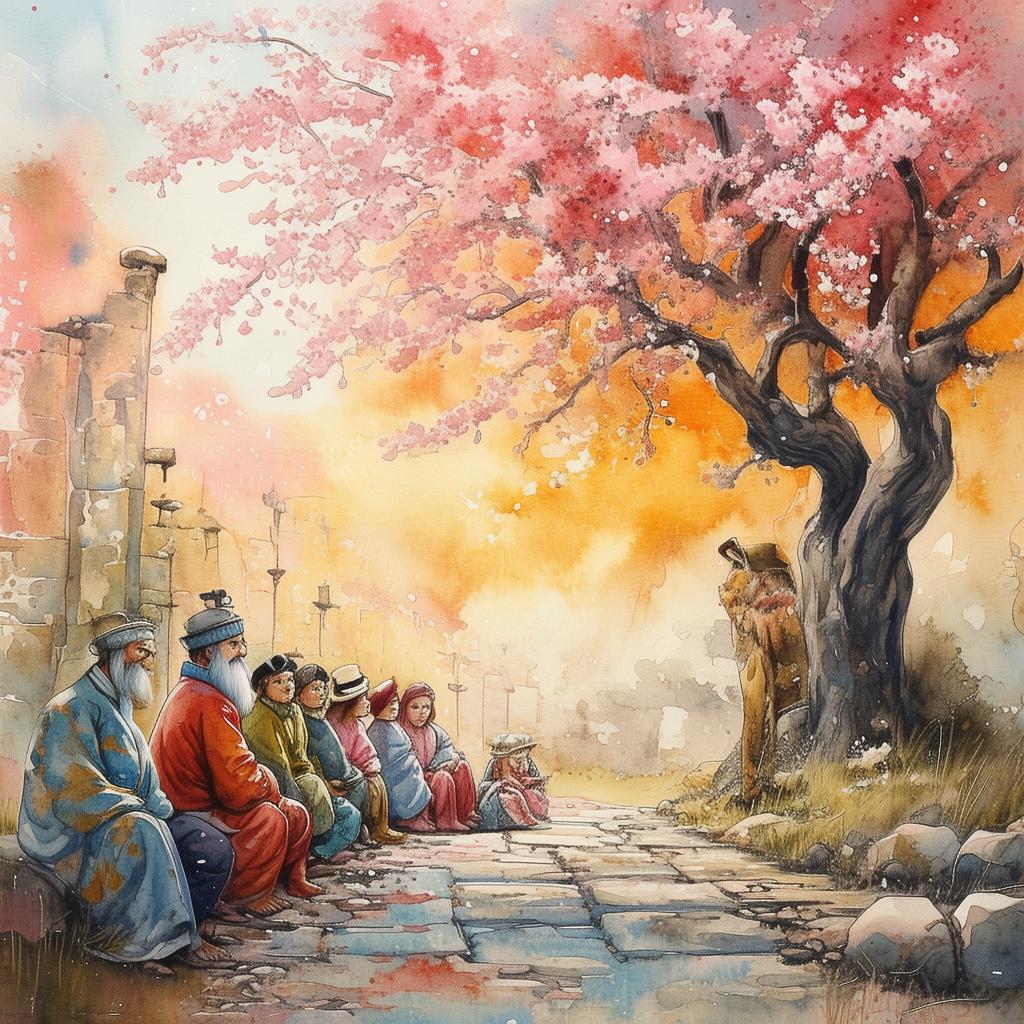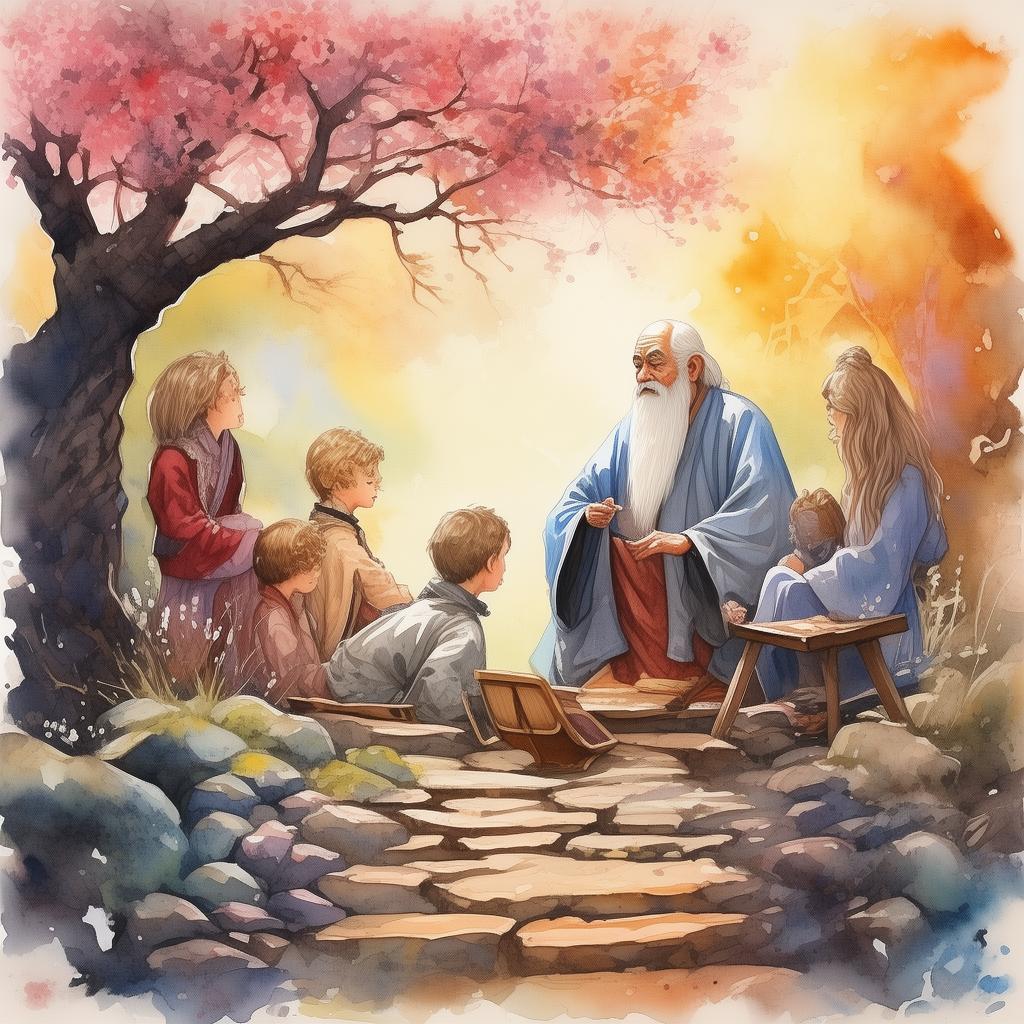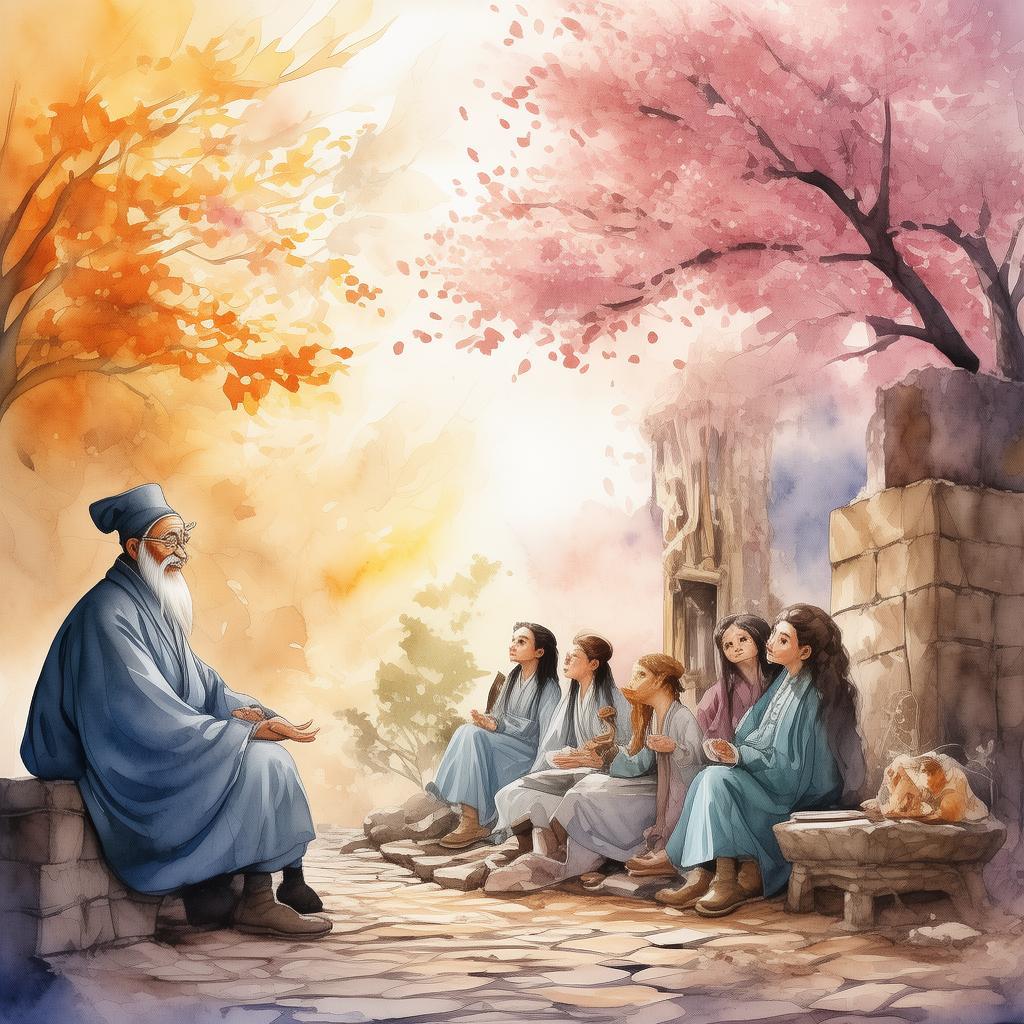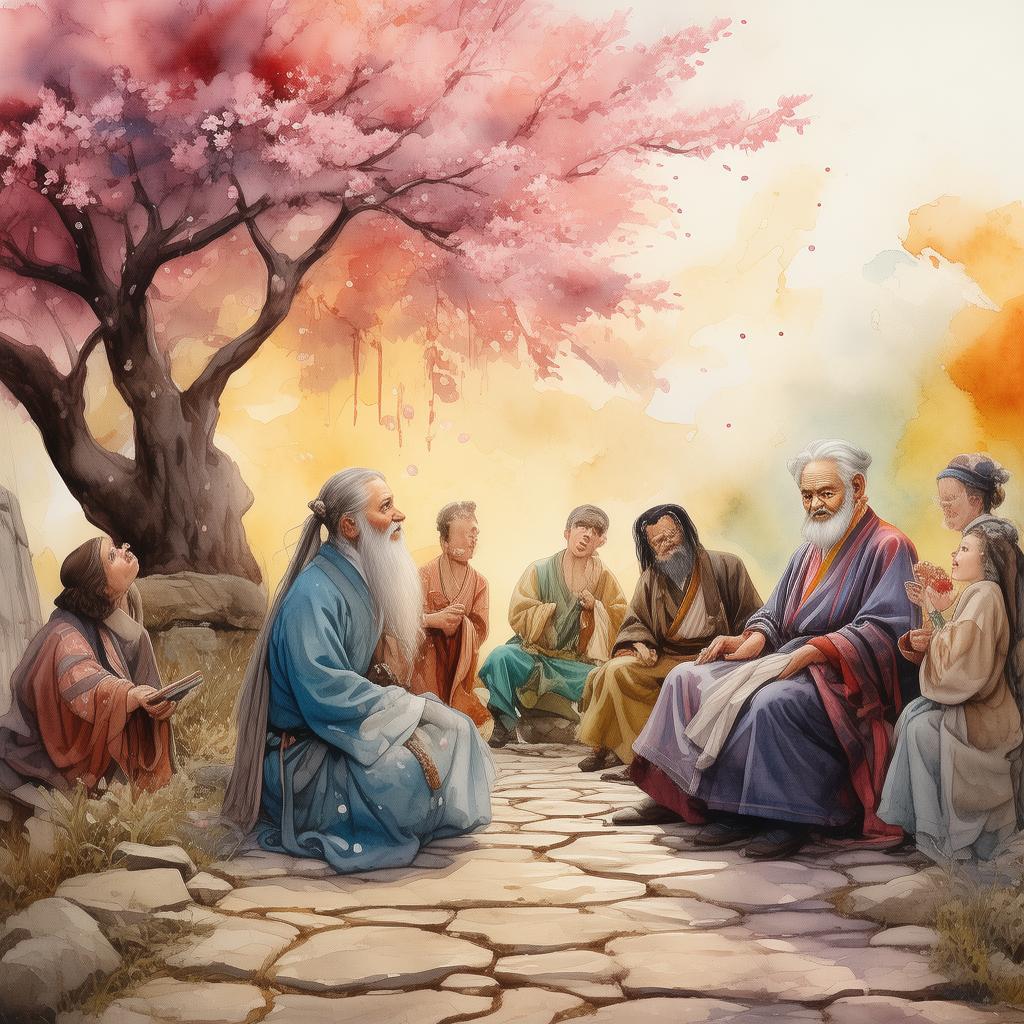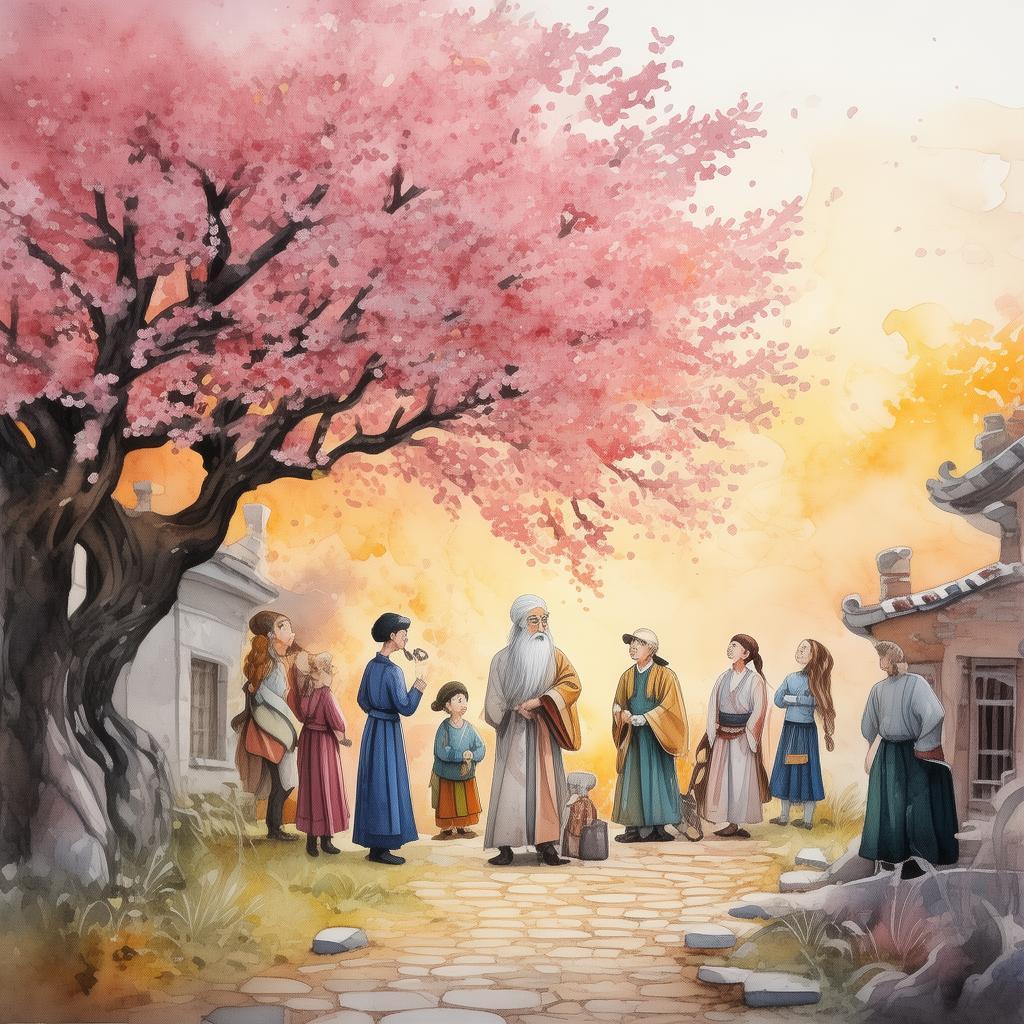The March of the Unyielding Spirit
In the small town of Jingping, nestled among the lush mountains of the Jiangxi province, there lived a young man named Ming. Ming was known throughout the village not for his strength or speed, but for his indomitable spirit. He was an exceptional runner, but his path was fraught with challenges that tested his resolve.
From an early age, Ming had been plagued by a condition that limited his mobility, forcing him to rely on crutches. Despite this, he refused to let his condition define him. He would often be seen running through the fields, his crutches thumping against the ground with a rhythmic, determined pace. The villagers marveled at his resolve, and his story became a legend of perseverance.
One day, the opportunity came for Ming to participate in the annual National Marathon. The event was a showcase of the country's best athletes, and the winner would receive a prestigious medal. Ming saw this as his chance to prove that his spirit was equal to any competitor.
As the day of the marathon approached, Ming began his rigorous training. He ran every morning and evening, his breath heaving with the effort. His legs, already weakened by his condition, began to ache. But Ming pushed on, driven by a fire within him that the villagers had come to admire.
One evening, as Ming was running through the forest, he stumbled upon an old, abandoned temple. The temple was in disrepair, its walls covered in vines and moss. As he stepped inside, he noticed a large, ornate scroll hanging on the wall. The scroll was covered in ancient characters, and Ming, who was a history buff, felt a strange pull towards it.
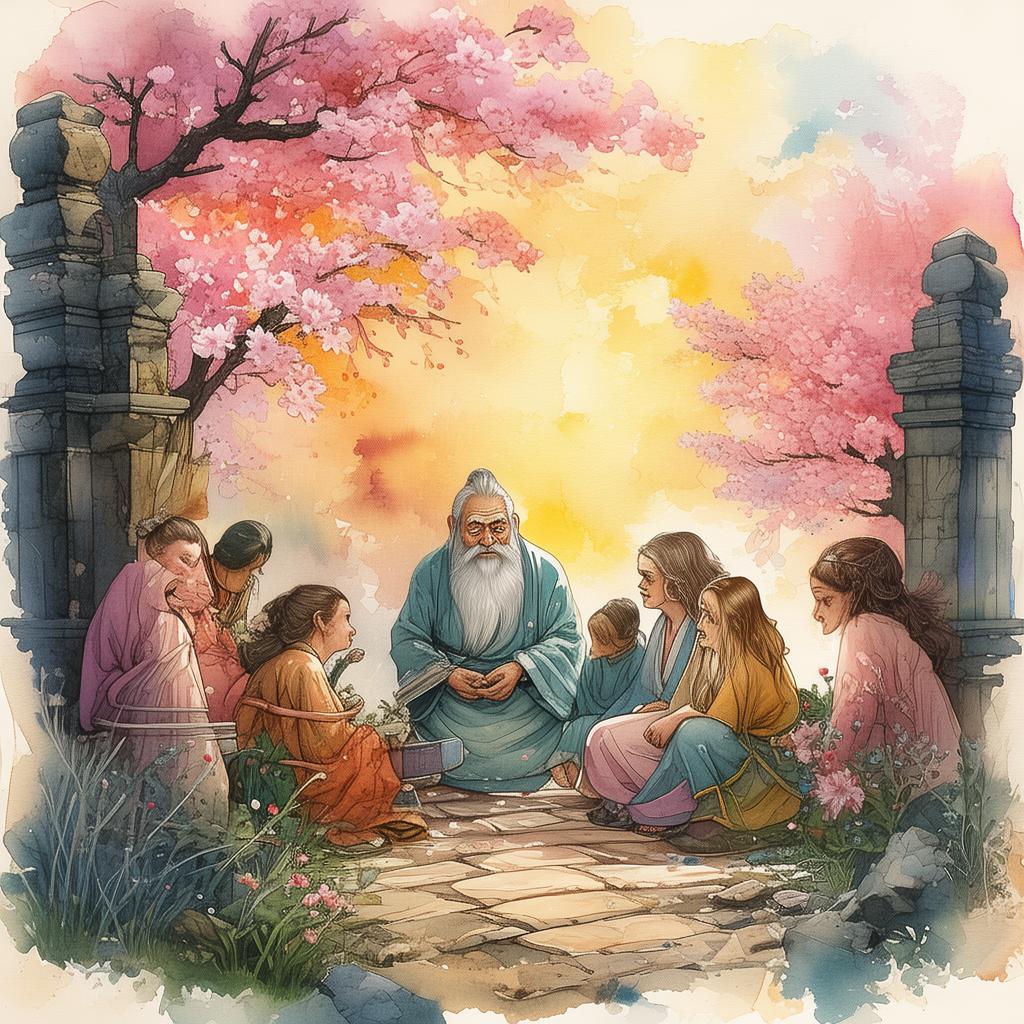
Curiosity piqued, he carefully peeled back the layers of dust to reveal the scroll's contents. It was a poem, and as he read it, he felt a strange connection to the words:
"The Athlete's Stride, Accumulating Power,
In the March to Victory, the spirit grows.
Unyielding, he faces every trial,
With every step, his strength he draws."
Ming realized that this poem was a testament to the spirit of the marathon. It spoke of accumulating power through the struggle, of growing stronger with each challenge. He felt a newfound sense of purpose. The poem became his mantra, guiding him through the days of intense training.
The day of the marathon arrived, and Ming stood on the starting line, crutches in hand. The crowd roared, and he felt a surge of energy course through him. As the race began, Ming surged forward, his pace steady despite the pain. His crutches became extensions of his will, propelling him through the race.
The miles blurred by, and Ming's resolve never wavered. His competitors fell behind, unable to match his unyielding spirit. The crowd cheered him on, inspired by his determination. As he approached the final stretch, the pain in his legs was intense, but Ming's spirit was unbreakable.
With a final burst of energy, Ming crossed the finish line, collapsing to the ground, exhausted but victorious. The crowd erupted in cheers, and he was draped in the medals of the champion. The villagers gathered around, their eyes brimming with tears of joy and admiration.
In that moment, Ming realized that the real victory was not the medal he wore but the spirit he had cultivated. He had learned that true power comes from within, that strength is not measured by the body but by the will.
The March of the Unyielding Spirit became a tale that echoed through the land, inspiring others to face their challenges with the same determination and resilience. Ming's journey was a testament to the power of the human spirit, a reminder that with unwavering resolve, any obstacle can be overcome.
✨ Original Statement ✨
All articles published on this website (including but not limited to text, images, videos, and other content) are original or authorized for reposting and are protected by relevant laws. Without the explicit written permission of this website, no individual or organization may copy, modify, repost, or use the content for commercial purposes.
If you need to quote or cooperate, please contact this site for authorization. We reserve the right to pursue legal responsibility for any unauthorized use.
Hereby declared.
